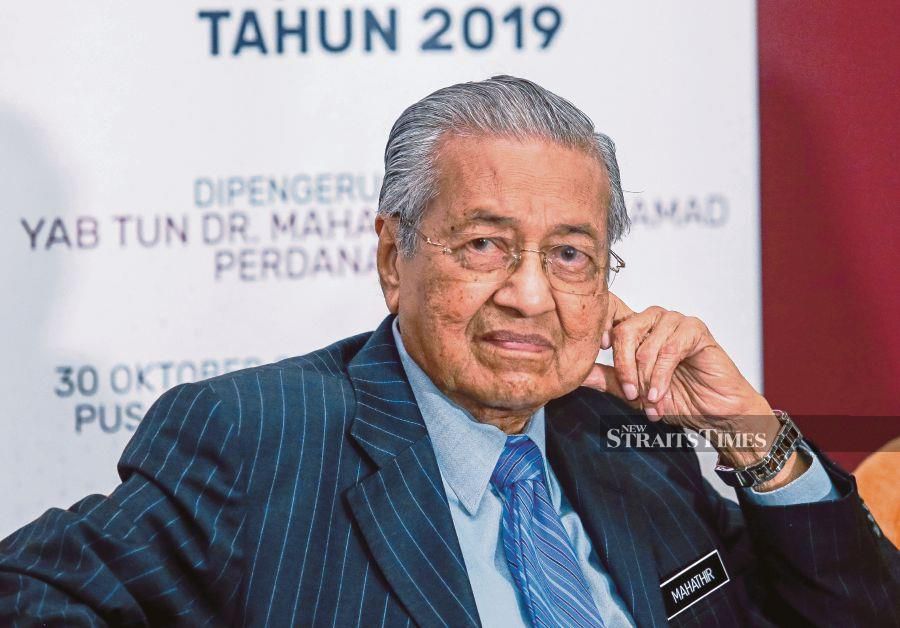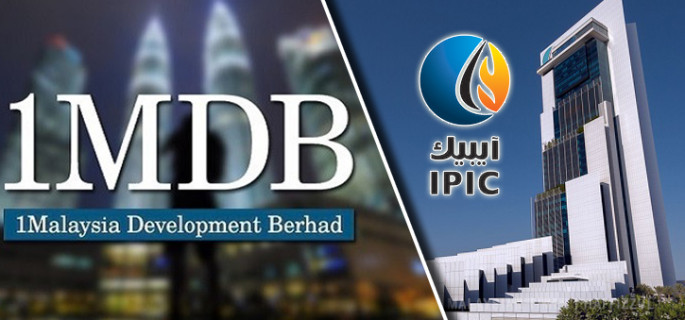
During the 2013 election campaign China expert and then Australian PM, Kevin Rudd, advertised in Hong Kong. Mumbrella Asia noted:
A huge outdoor poster for the ruling Labor Party has been erected at a car park at City Hall in Central, Hong Kong’s busiest district.
The campaign has caused a stir locally because of the high cost of the ad. The billboard would have cost between HK$100,000-HK$200,000 (US$13,000-US$26,000), a local media buyer told Mumbrella.Rudd had also done so for the 2007 campaign, and The Age went so far as to suggest that the HK advertising was at least partially responsible for Maxine McKew's victory over John Howard in the contest for the seat of Bennelong.
In the 2019 election campaign both Scott Morrison and Bill Shorten , as well as a number of other politicians, used accounts held in the name of Chinese nationals to register onto WeChat.The ABC Investigations reported:
Prime Minister Scott Morrison's WeChat official account was registered in January under the name of an unknown Chinese citizen in Fujian province, while Mr Shorten's and the ALP's official account is registered to an unidentified Chinese man in Shandong province.
The ABC has identified 12 Australian politicians who are using WeChat accounts registered in other people's names in China, including government ministers.
Under WeChat rules "the initial registration applicant shall not donate, borrow, rent, transfer or sell the Weixin [WeChat] account, nor permit any non-initial registration applicant to use the Weixin account."
WeChat's user agreement states it is entitled to ban or cancel accounts that break the rules.
Neither party would disclose which Chinese citizens owned these accounts.
It is clear that both parties have not insignificant China and Hong Kong election campaign expenses.These expenses would be best paid out of bank accounts in mainland China and Hong Kong,and funding would best be in the local currencies; it follows then that funding for these expenses would be sought from China and Hong Kong based donors.
Election funding disclosures do not provide any details of where the funding is held,
so unless the two parties provide details, voters will never know if there are not secret donors providing HK Dollar and Yuan funding for the China and HK campaigns.
END







